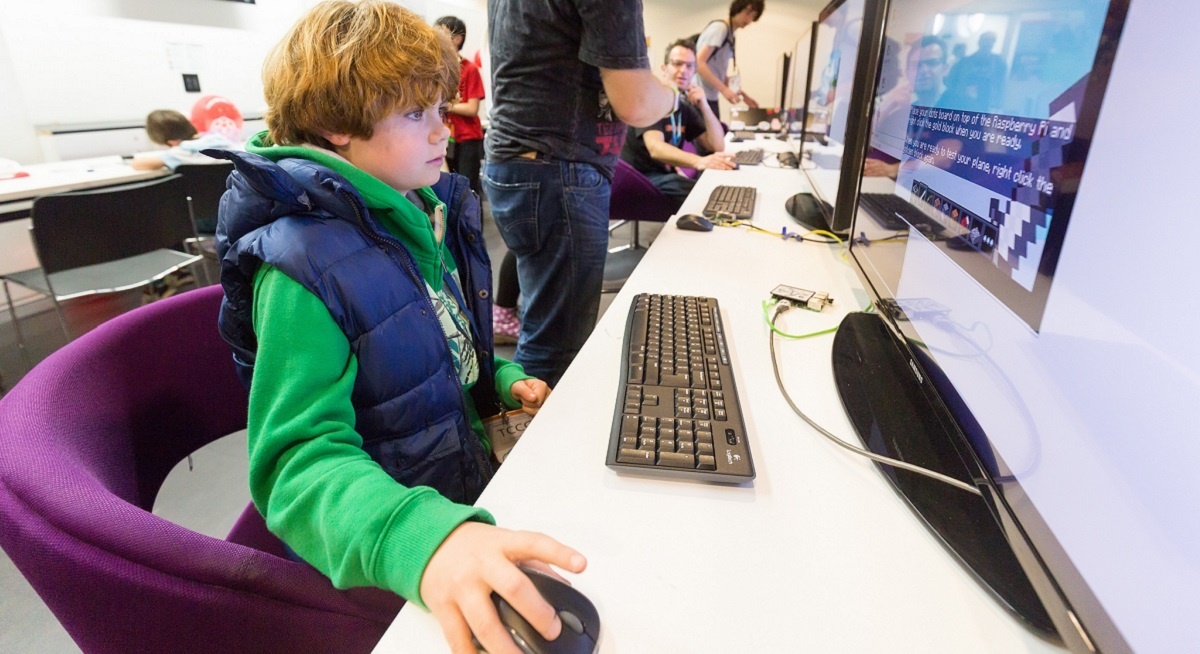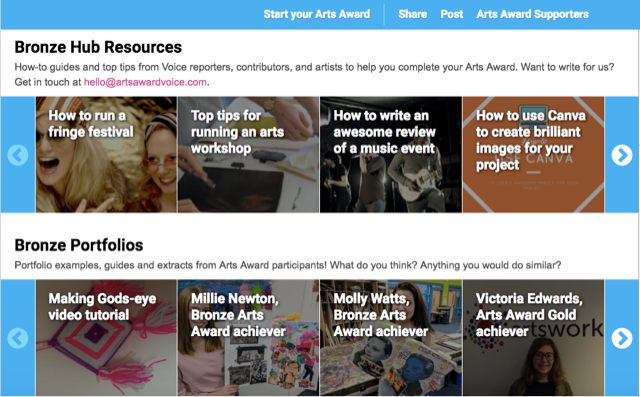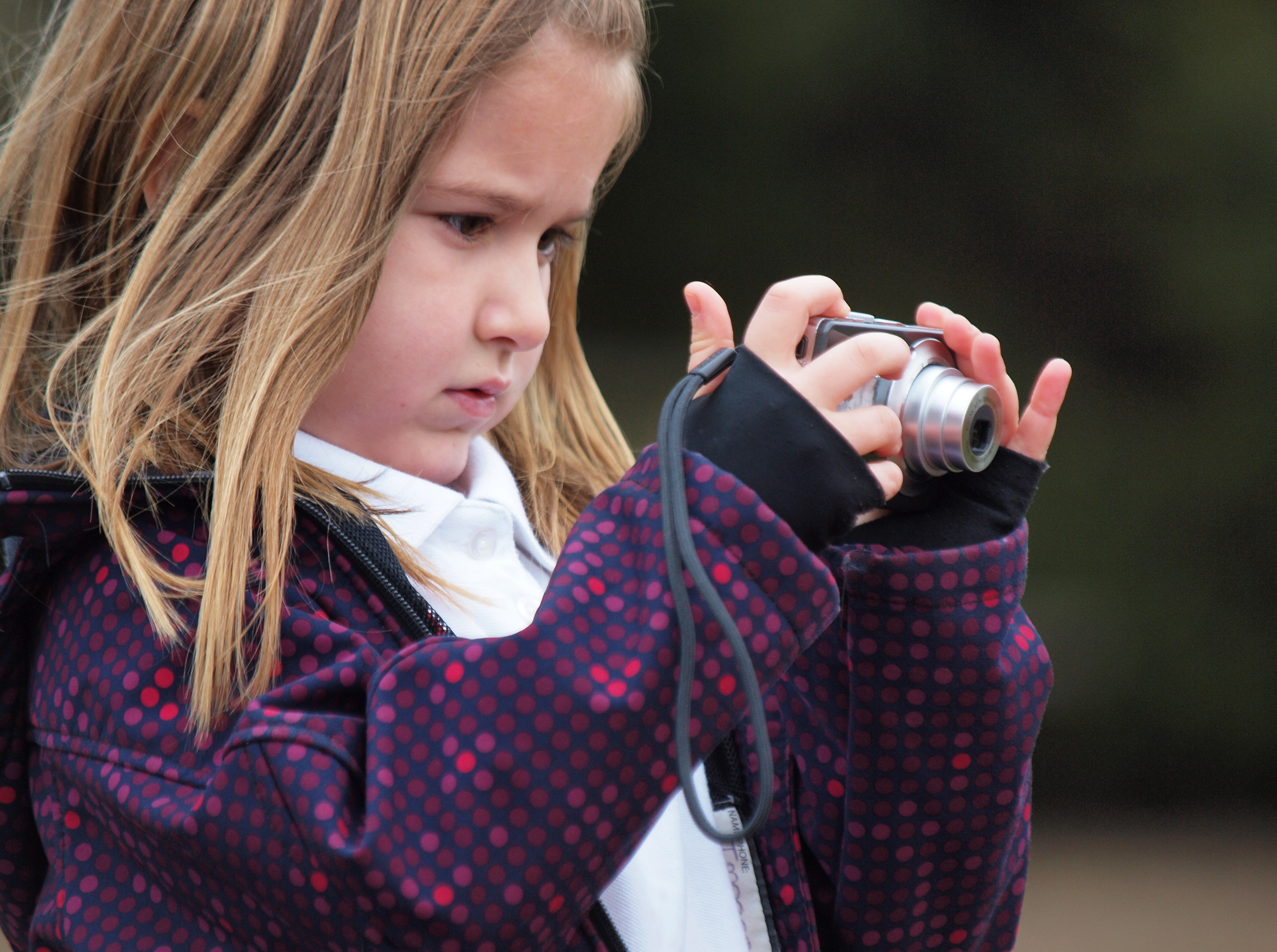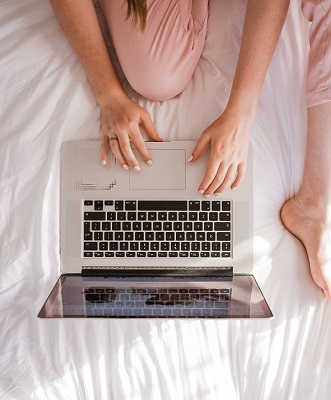
Remote Delivery Ideas for Bronze Arts Award
BY: Annabel Thomas
31 May 2020
A couple of weeks ago we published a blog exploring ideas for remote delivery of Arts Award. To continue this series exploring remote delivery ideas for advisers and young people still working towards their Arts Award, we introduce you to the first in a series of blogs detailing ideas and guidance for each level of Arts Award. Today, we look in more detail at Bronze Arts Award.
Bronze Arts Award is a Level 1 qualification. Many schools use this as part of their KS3 curriculum or as an extra-curricular offer, and we have been heartened to learn of the many schools and arts organisations who very rapidly adapted their delivery to enable young people to continue to work towards their Bronze award. Teachers and parents have told us that they have appreciated having the structure of Arts Award to work through, and the lure of being able to achieve something tangible (a nationally recognised qualification) despite the school closures has been a big bonus for many. This blog will suggest some ideas for how to deliver Bronze remotely, however this isn’t exhaustive and if you would like to have a chat to explore your options do get in touch.
Use our Digital Portfolio Resource for ideas on how to gather and review evidence digitally, and our free portfolio building templates provide a good starting point for what young people need to be capturing. The Bronze Hub on Arts Award Voice is also an excellent resource for young people aged 14+, as is their Bronze introduction and checklist.
If young people are communicating with you, or others, via video or video call ensure that you have considered the safeguarding implications and are following your organisations’ own safeguarding policy.
Please note that these ideas are not a replacement for correct use of your Arts Award toolkit, and all advisers supporting young people to achieve their Arts Award should have attended the appropriate Arts Award training.
Part A: explore the arts as a participant
This part is all about young people developing their skills in an art form. This can be a self-directed activity, or you can set weekly tasks and checkpoints for young people to complete. The key thing for Part A is that young people record their progress and reflect on what arts skills they have developed. Some suggestions:
- Work towards creating a piece of visual art. This could be using paints, oils etc or just pencil and pen. Alternatively, if young people have access to digital drawing software they could create a piece of digital art. Young people should take photos of their progress, and/or record their progress in a written or audio recorded log. Drawings of what they have done can also be accepted if these methods of evidence collection are not appropriate for your young people.
- Rehearse and perform a monologue. This could be performed over video calling software to their adviser or peers (ensuring you are following correct safeguarding procedures), or could be filmed and uploaded to a file sharing platform (see our Digital Portfolio resource for ideas). Alternatively, students could perform their monologue to parents/carers or other family members, documenting how they felt it went if they don’t have access to filming. The Trinity Online Anthology can provide you with some free suggestions as a starting point.
- Create a short film – either live action or stop motion. There are lots of guides online for how to create a stop motion film from Lego especially, or other found objects in the home
- Work towards a piece of creative writing. You could provide the stimulus and format (for example poetry collection, short story, play etc) or let young people have free choice.
- Students could work towards a craft or textiles project – for example sewing a garment, knitting something, crochet, cross-stitch etc. Students should focus on the design and creative choices they are making as they go, as well as reflecting on how their skills are developing
- Students can work towards being able to play a piece of music, or may want to compose something themselves
Remember – these are just suggestions! If you are working in a different art form do get in touch if you need a hand. Many art forms can be adapted to delivery with limited resources. The key thing is ensuring that young people are capturing what they are doing and reflecting on their progress – in any format they choose.
Part B: explore the arts as an audience member
This part is encouraging young people to engage with the arts and reflect on what they think are the creative impacts of what they see. Luckily, at the moment there is a huge range of opportunities for young people to engage as an audience member without having to leave their homes. For those without internet access consider how you could provide stimulus – for example posting a book, or a DVD or CD to young people to review:
- Watch one of the Thursday night broadcasts of NT Live shows, and review what they have seen. Other online theatre streams at the moment include the RSC, The Globe and the Royal Opera House
- Read a book! This is a completely acceptable activity for Arts Award, and something that most young people will have access to. If they aren’t able to read a book, Audible has made a wide range of children’s books free to stream online for the duration of school closures
- Watch and review a film or a TV series. Into Film has a great range of resources and guides on how to write reviews
- ‘Visit’ a gallery or museum virtually and review an exhibition or collection of art. Google Art & Culture is an excellent starting point, and Smartify has made all of its audio and visual museum guides free for the rest of 2020
- Listen to some music and review this. BBC 10 Pieces is a great starting point for classical music
Make sure that young people focus on the creative impact of what they have seen, read or heard, and ensure that they have the opportunity to share their review with others. Arts Award Voice is a good place for this, but young people can also share verbally with family members. Just make sure they record how they shared their review.
Part C: arts inspiration
This part is designed to encourage young people to research an artist or craftsperson they are inspired by. We hope that this part will help to start them thinking about how they might be able to turn a passion of the arts into a job, and this part is a light introduction to the careers and opportunities research we ask young people to engage with at higher levels.
Young people can research any artist or craftsperson – alive or dead, famous or not. They can do online research, attempt to make contact with their chosen person, and summarise what they have found out. If a parent/carer is a musician or artist (even if not professional) they can also find out about their creative background. Young people may also want to research authors or illustrators, and could do this using print media which advisers may be able to post out. This is particularly helpful if young people don’t have access to the internet at home, and your role would be to curate books, magazines or newspapers to send to young people to enable them to achieve this part.
Part D: skills share
This part is designed to get young people thinking about the first stages of leadership. This part takes the format of ‘plan, do, review’, and young people can approach this in a number of ways:
- Actively share a skill with a household or family member
- Video their skills share and post this online, or with their adviser
- Share a skill over video call
- Write / make a ‘how to’ guide or instructional video
The skill they share can be anything creative, linked to another part of their Arts Award or completely separate. Some ideas include:
- Showing someone how to play a musical instrument
- Creating a dance routine that others can learn
- Demonstrating how to project your voice, or teaching how to do an accent
- Demonstrating a visual art technique such as pencil shading or colour blending
- Showing someone how to use software such as Garageband to make music
- Demonstrating how to set up a shot to take a good picture, and what settings to use on a camera
Don't forget to take a look at our Extended Extraordinary Regulatory Framework guidance, supporting you to continue to deliver Arts Award even in lockdown.
Unlike the arrangements made in summer 2020, we will not be able to accommodate the submission of incomplete portfolios for moderation, on which to calculate the overall results. Under this new arrangement advisers will continue to deliver and assess young people’s portfolios in full and a sample of work will be moderated by Trinity. Adaptations under the Extended Extraordinary Regulatory Framework will instead focus on:
- Support with planning your Arts Award programme including building in contingency plans and collecting evidence in digital format, as is our recommendation
- Adaptations to the evidence requirements and time guidance most notably at Silver and Gold
- Advice and guidance on how to meet the existing requirements of Arts Award making best use of digital tools and arts and culture
- The continuation of remote online moderation
Download our EERF Centre Guidance for more information.
All of these ideas are just suggestions, but we hope that they provide a good starting point for you to deliver Arts Award Bronze remotely.
If you have any questions or would like more support or guidance please do get in touch via email on artsawardenquiries@trinitycollege.co.uk
The websites we have linked to have been shared in good faith. Trinity College London / Arts Award are not responsible for their content. We would recommend children are always supervised when online. If young people are communicating with you, or others, via video or video call ensure that you have considered the safeguarding implications and are following your organisations’ own safeguarding policy.
Related posts
BY: Diana Walton
BY: Nicola King
BY: Layne Harrod




Comments & Replies